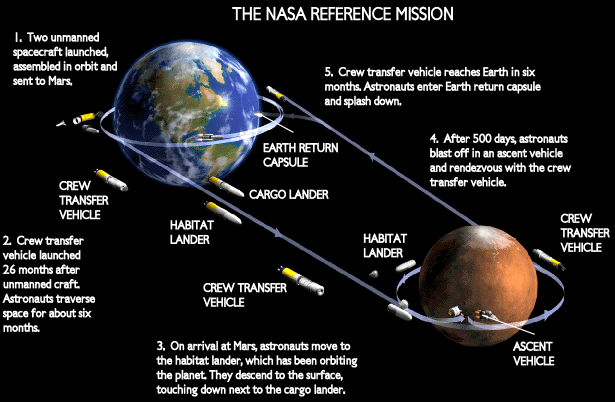

For us, and many of our friends, the warning came too late: we'd already been in that rain, just like the rain-splashed lettuce and mushrooms we were now told not to eat. Clouds had carried radioactive rain over to Germany, and children were told not to play outside. The accident had happened two days before, at the Chernobyl nuclear power station.

I probably wouldn't even remember that afternoon, if it hadn't been for the news that broke the next day: "Apparently, there has been a serious nuclear accident in the Soviet Union," a worried-looking presenter announced on the evening news. New editions of HG Wells’s work, featuring contributions from Edinburgh Napier experts, are published by Wordsworth.It was an ordinary day in 1986, in what was then West Germany, and I was playing in the garden with one of my brothers. Wells’s ideas, you can now expect to see a revival in scholarship on one of Britain’s best known writers, and Edinburgh Napier is set to contribute to the resurgence. For the cinema buff, there’s Steven Spielberg’s big-budget 2005 adaption, too. If you prefer a different medium – though not yet in the public domain - you could listen to Orson Welles’ notorious radio adaption of The War of the Worlds. Wells classic, including The Invisible Man, for free. It is hugely readable, funny, yet intensely humane all at the same time.”Īs of 1 January 2017, you can access an H.G. Dryden has a favourite: “I would urge everyone to read The Invisible Man. Wells’s celebrated books should you read first? Prof. “But he would also see so many things that he had predicted had come true: television, the Wikipedia, escalators, credit cards, soap operas, space travel-the list goes on.” “He would see that his ideals for society and for the evolution of humankind would not have been realised and that war and inequality still pervade the world. Dryden said: “I think that were Wells to get into his time machine and travel forward to 2017 he would be both horrified and amazed at how the world has turned out. Often described as a man ahead of his time, what would he make of the world in 2017? “Today we find some of his ideas for political and social reform rather worrying or idealistic, but his fiction is so compelling that it remains fresh and immensely approachable even to this day.” He envisaged global warming, nuclear warfare, and even imagined ‘sham glowing log’ fires in his 1901 book Anticipations.

“Wells’s work remains hugely relevant to us today because his imagination was just so prophetic.
#Book about nuclear time trvel free#
Wells’s works may now be free to use but are his ideas still relevant? Prof. Now authors are free from that constraint.” “When I wrote my book on Conrad and Wells in 2015 I had to pay a substantial sum to his estate in order to quote from his works. Dryden says: “The ability to quote extensively from Wells’s work without having to get permission and pay his estate is the main advantage of his work coming out of copyright. Why is the expiration of intellectual property rights significant?

Emily Alder from the School of Arts and Creative Industries have also contributed introductions and reading notes to this new collection. Wells’s books have been published, edited by Edinburgh Napier’s Professor Linda Dryden. To mark this entry into public ownership, new editions of H.G. This means that copyright law no longer applies and that his works are free for anyone and everyone to access, use and enjoy. Now, seventy years after his death, these famous books have entered the public domain. His most notable works include The Invisible Man, The War of the Worlds and The Time Machine. Wells was a prolific British writer who was born in the Edwardian era and died in the Nuclear Age.


 0 kommentar(er)
0 kommentar(er)
